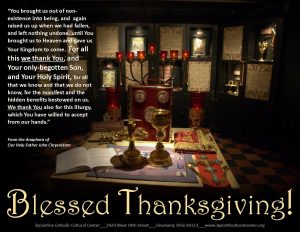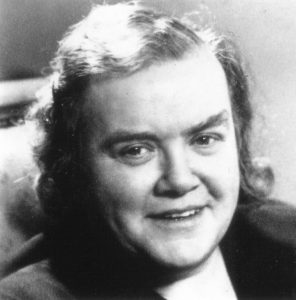I am frequently confused by Christians. They complain they don’t know the tradition, that they don’t know if God exists, they equate faith, belief, church, sacrament as all the the same and don’t seem to be able to make distinctions. A Vincentian Father begins a personal dialogue that may be helpful to you, as it is for me. When I was in theology school one of my professors said that most Catholics only pray to one of the persons of the Trinity forgetting that Catholics (and Orthodox) are decidedly Trinitarian. The concept of praying to the Father through Son under the power of the Holy Spirit escapes many… Nevertheless, here is Fr Collins:
Christian prayer is God-centered rather than self-centered. Consistent with the spirit of the first commandment, the very opening address of the Lord’s Prayer escapes from the normal gravitational pull of self-absorption in order to focus on the Creator.
The context is decidedly Trinitarian. It is offered to God the Father, through Jesus Christ in the power of the Holy Spirit. Jesus is our unique and indispensable window on God. His words and actions are like so many panes of glass in the window of his humanity.
When viewed with the eyes of faith in the light of the Holy Spirit they reveal who Jesus is as the Son of God. As Jesus stated: I am the way, and the truth, and life; no one comes to the Father but by me’ (John 1:6).
Prayer in Practice
Fr. Pat Collins, C.M.

